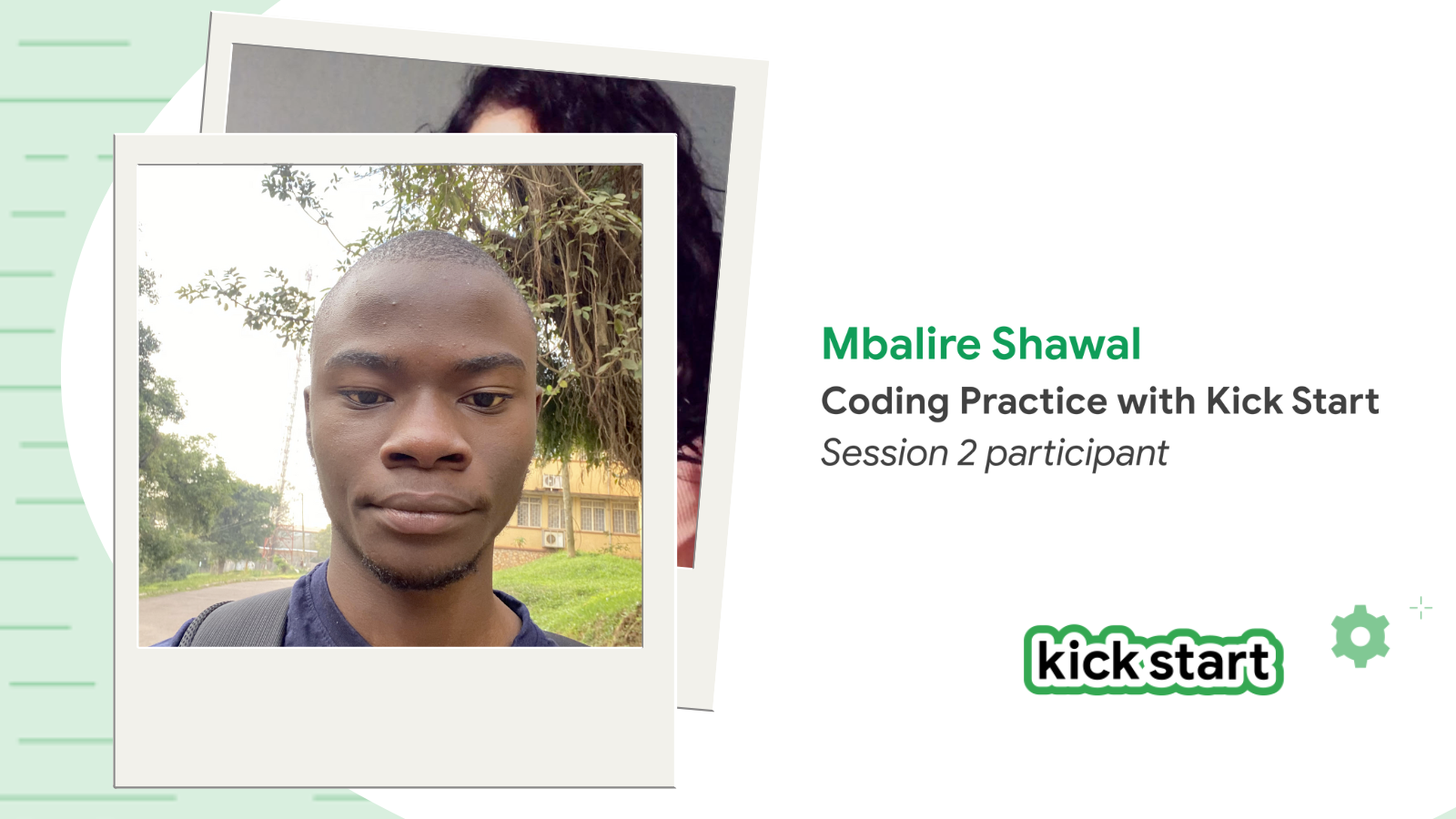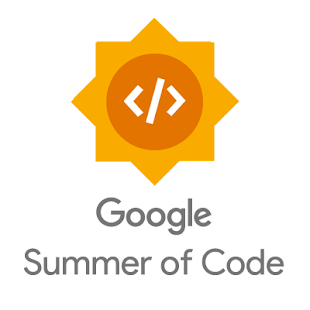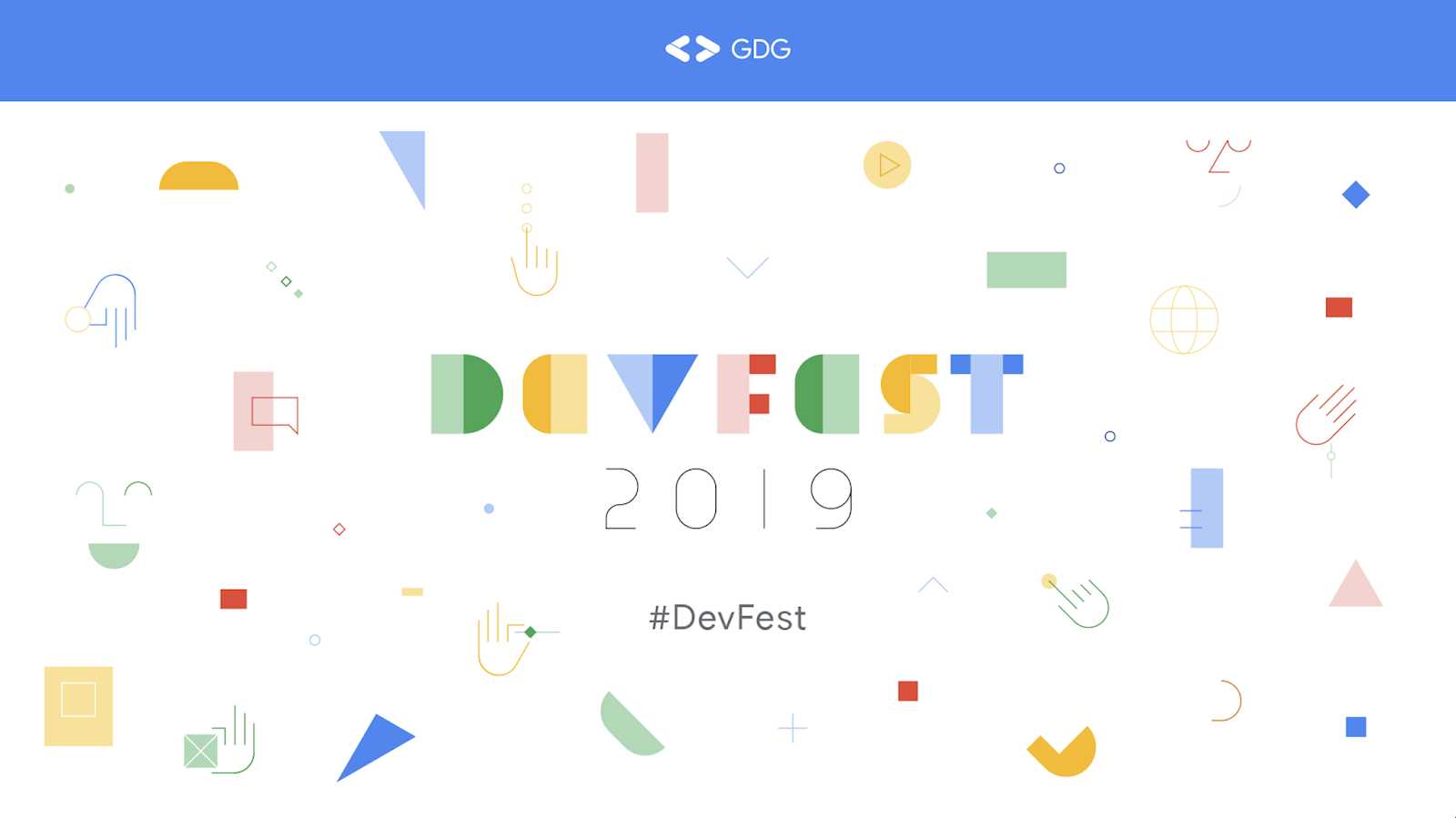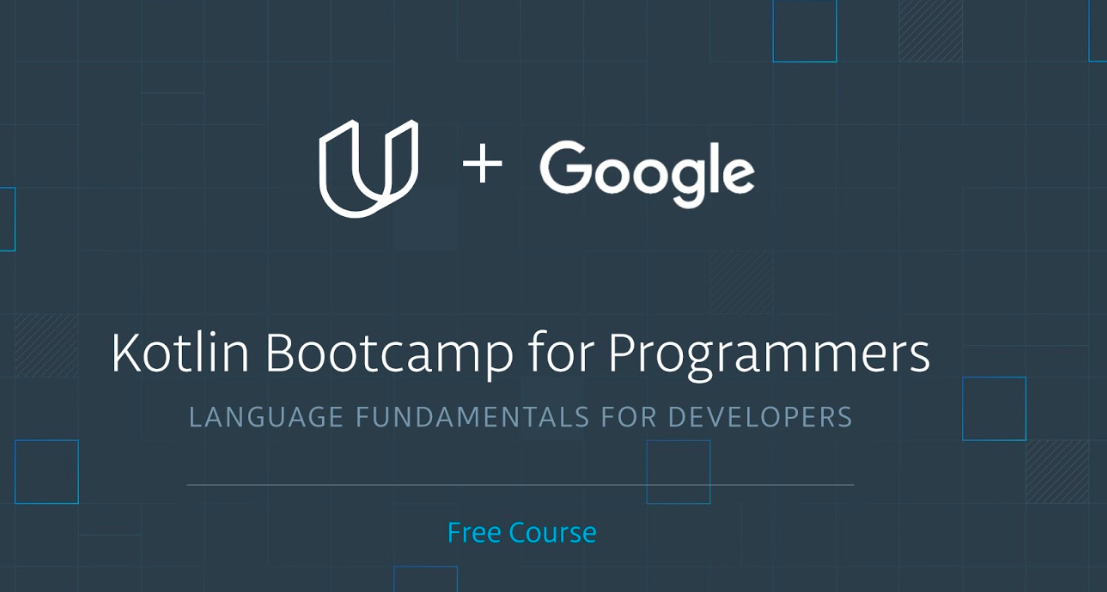Posted by Julia DeLorenzo, Program Manager, Coding Competitions
Coding Practice with Kick Start is a four-day practice session where you'll have the chance to learn more about the Kick Start platform, utilize starter code to help frame your solutions, and interact with Google engineers.
It’s not a timed round and there is no scoreboard! No one else will be able to view your scores from the session. This is just for fun and a great way to hone your coding skills, and get better acquainted with Kick Start.
So, why should you join the session? We’re glad you asked!
About Coding Practice with Kick Start
The problems you'll see in Coding Practice with Kick Start range in difficulty. The concepts covered in these problems align very closely with concepts covered in introductory CS courses like Data Structures and Algorithms, and topics you may encounter in Google interviews.
You can solve the problems in any order you like. Looking at a problem does not start any timers, so feel free to read all of them at the start of the session, and then solve them in the order of your choice. We also provide starter code at the top of each problem statement to get you started with your solution.
Stuck on a problem? Don’t worry! You can use the “Ask a question” button on the problem overview page.
At the end of the session, tune in for a livestream where Kick Start engineers will walk through each of the problems featured during the round!
Grow your coding skills and your confidence
Still need to be convinced to give Coding Practice with Kick Start Session 3 a try?
Hear from some past participants how Coding Practice with Kick Start helped them along their competitive programming journey.
Session 2 Participants: Tell us why you enjoyed your experience!
Balla says:
"At first I used to think that the Kick Start coding rounds were very tough and I couldn't solve them. But the level of the initial questions are such that it boosts us to give it a try, and increases our confidence level. I feel that this is the best part that every coder hopes for. After attempting the session, I felt like I could solve the problems if I worked a little harder.
My favorite problem in Coding Practice with Kick Start Session 2 is ‘Irregular Expressions’. The problem is very interesting; I couldn't write up the logic, but it made me think a lot. It's the best problem I faced in the round.”
Mbalire says:
“I personally had problems with test samples not catering for some cases, and that I failed to understand the questions. The answers and support from the Google engineers during Coding Practice with Kick Start was good. I felt as if different people at Google were reading my code and seeing my development, and that boosted my confidence.
While solving the problem, I could see my own development while creating my own solution. I hope to do much more and participate in the coming Kick Start competition rounds. It may be because I started programming this year or because most of the code I know is from my research, but getting these algorithms right has been a huge accomplishment for me.
My favorite problem was ‘Building Palindromes’ from Coding Practice with Kick Start Session 2.”
Nandini says:
“Coding Practice with Kick Start was very engaging and I had a lot of fun. It reminded me how much I enjoy computer science and math and solving problems!
My favorite problem from the past coding practice session has been the 'Building Palindromes' problem. This is because I had fun trying to come up with an optimal solution to this problem and it pushed me to learn new techniques for optimizing my solution: prefixing sums/pre-calculation.
I also really enjoyed solving the ‘Parcels’ problem since it involved search algorithms which I love! I found that it was the right amount of ‘challenging’ to keep me thinking about it all day. Thanks, Google!"
Joining Coding Practice with Kick Start Session 3
With the third and final session for the year coming up, we encourage you to join us. Coding Practice with Kick Start is the perfect opportunity to practice and grow your skills without the pressure of a public scoreboard or timed round.
Learn new skills, grow your confidence as a coder, and we’ll see you in one of our upcoming Kick Start rounds.
We hope you'll give it a try! → https://goo.gle/codingpracticewks








 Posted by Mariela Altamirano, Community Manager for Latin America with Grant Timmerman, Developer Programs Engineer and Mete Atamel, Developer Advocate
Posted by Mariela Altamirano, Community Manager for Latin America with Grant Timmerman, Developer Programs Engineer and Mete Atamel, Developer Advocate 







